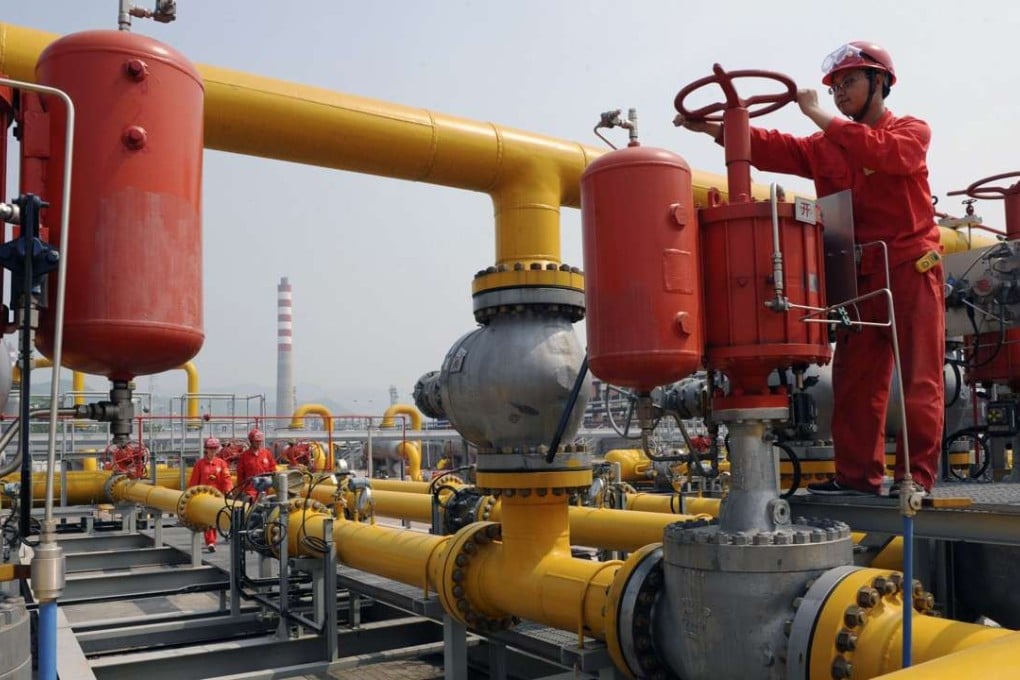Update | China gives green light for credit default swaps
Move is tied to central bank’s wish to improve risk pricing and allocation of credits in China

China’s central bank has given the green light for credit default swaps to start trading in the country’s interbank markets for the first time, adding another financial tool to diversify credit risks and nurture the healthy growth of the capital markets.
The first batch of the products could be expected to be underwritten by insurers, bank-affiliated asset managers and companies that process bad debt for banks, traders said.
“It’s a very important step to discover how to price credit risks in China, and for investors to be able to hedge” against risks, said Kun Shan, head of local markets strategy at BNP Paribas in Shanghai. “More importantly, banks in China will now have a new tool to manage credit lines and risks.”
As many as 18 Chinese bonds missed their payments this year, compared with seven for all of last year, according to Bloomberg’s data. The amount of non-performing loans among Chinese banks climbed in the first-half to an 11-year high of 1.4 trillion yuan (US$210 billion). The ratio of bad loans rose to 1.75 per cent as of the same period.
“As we have started to see bond defaults in the Chinese markets, the creation of a CDS market will mean that investors can have more market visibility on credit risk and mitigate potential exposures to defaults,” said Mushtaq Kapasi, Chief Representative, Asia-Pacific at the International Capital Market Association.
